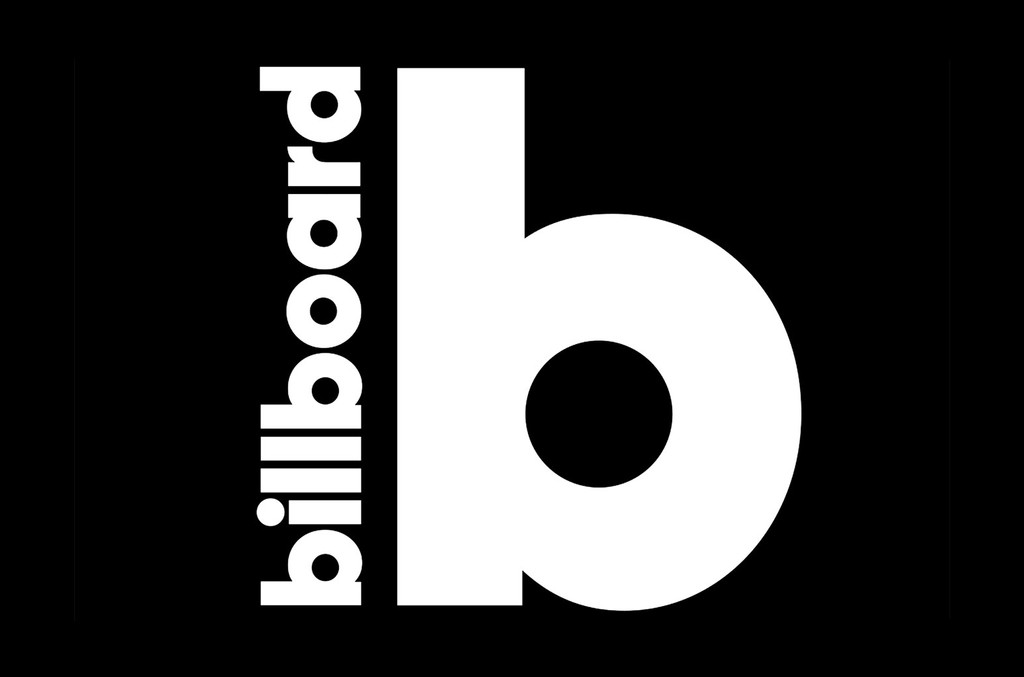Reversing a rule implemented in January, Billboard has updated the rules regarding album sales and charts to reflect consumer intent better.
Achieving success on the Billboard charts is a lot like trying to win a presidential election. You can do your best to make as many people as possible buy your music outright, or you can find smart ways around traditional album sales. One example of the latter is bundling, which combines a digital or physical album with the purchase of merchandise or concert tickets. Such tactics have helped several performers appear to move massive units of their latest record and top the chart, but thanks to new guidelines, that approach no longer works.
Billboard is changing the rules to its Billboard 200, Hot 100, and other album and song charts. The announcement comes to rectify how sales are counted with respect to album bundles with merchandise and concert tickets, as well as instant digital sales attached to purchases for physical albums delivered at a later date.
On the issue of bundling, the latest rule changes supersede several others that were previously instituted in January. Those included a requirement that albums bundled with merchandise be available for purchase concurrently and individually on the same website, as well as a condition that merchandise sold on its own be priced lower than bundles that included the album. Additionally, merchandise/album bundles could only be sold on an artist’s official direct-to-consumer web store and not via third-party sites.
Billboard is now acknowledging what many critics have claimed to be true. Album sold in bundles with merch and tickets may not accurately reflect consumer intent. There are many cases of fans buying tickets or merchandise without realizing (i.e., caring) that the sale included an artist’s new album. So, if the fan doesn’t buy the bundle specifically for the release, why should the sale count toward the total units of that album sold?
Billboard will also no longer allow sales of physical albums or singles that are bundled with digital downloads to be reported as digital sales. That decision eliminates the practice of “spontaneous” non-manufactured items being used to influence first-week chart rankings. Only when the real thing — that is, what the consumer is buying — is shipped, will it be counted in Billboard’s official tallies.
The practice of selling vinyl, CDs, and other physical releases that won’t be manufactured and shipped to consumers for weeks or months — while offering a digital download that can be redeemed instantly — has become widespread as of late. Especially in the age of COVID-19, when manufacturing delays are rampant, many artists are using the promise of a physical item later to boost “sales” in the present.
Billboard recognizes that the use of bundling has been commonplace in music for decades. However, the practice of using merch and ticket bundles to boost album sales has been rampant as traditional record sales have fallen. The goal of the Billboard charts is to capture consumer intent, and the company believes it is impossible to gauge whether or not the sale of bundles reflects a clear desire to own the release rather than a piece of merchandise or attendance at a live event.

